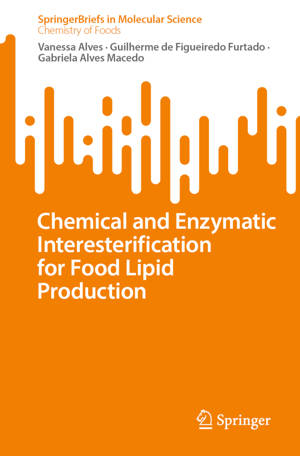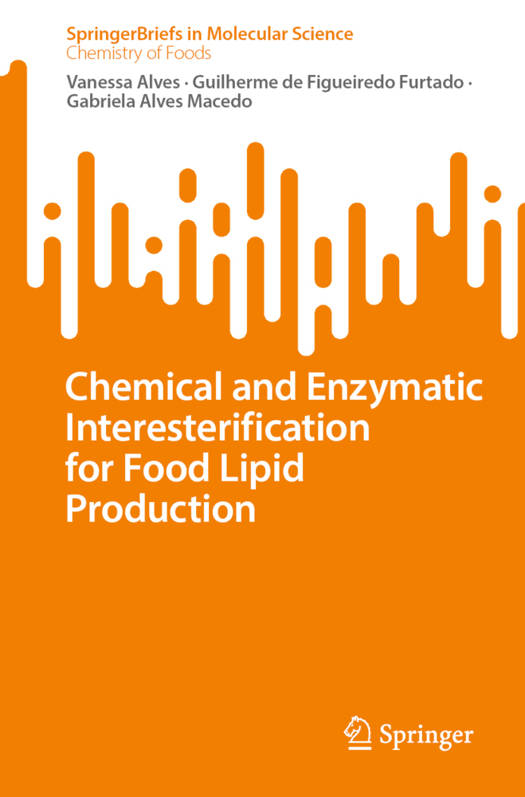
- Retrait gratuit dans votre magasin Club
- 7.000.000 titres dans notre catalogue
- Payer en toute sécurité
- Toujours un magasin près de chez vous
- Retrait gratuit dans votre magasin Club
- 7.000.0000 titres dans notre catalogue
- Payer en toute sécurité
- Toujours un magasin près de chez vous
Chemical and Enzymatic Interesterification for Food Lipid Production
Vanessa Alves, Guilherme de Figueiredo Furtado, Gabriela Alves MacedoDescription
This book addresses special lipids produced by chemical and enzymatic interesterification and explores the interesterification process and its crucial role in the modification of oils for various applications. The book discusses the chemical and enzymatic aspects of this process, providing an in-depth understanding of its mechanism, benefits, and limitations. The book covers key concepts such as the mechanism of interesterification, the use of immobilized lipases in enzymatic interesterification, and current applications of interesterification in fats and oils. Particular attention is given to acidolysis, alcoholysis, glycerolysis, and transesterification - the four types of interesterification reactions, and to the advantages and drawbacks of both enzymatic and chemical interesterification. In this book, the authors address critical questions like the fate of fatty acids from interesterified lipids after consumption and their long-term health effects. Readers will also learn more about the current applications of interesterification in fats and oils, including special lipids like plastic fats, human milk fat substitutes, structured lipids enriched with essential fatty acids, cocoa butter equivalents and substitutes, and low-calorie structured lipids. Aimed at researchers and professionals in food science, this book offers valuable insights into the production of various specialty fats through enzymatic interesterification, thereby equipping readers with the knowledge to innovate in the field of food applications. Readers with a background in food chemistry will benefit from its detailed explanation of lipase-catalyzed synthesis and the use of alkali metals in interesterification.
Spécifications
Parties prenantes
- Auteur(s) :
- Editeur:
Contenu
- Nombre de pages :
- 59
- Langue:
- Anglais
- Collection :
Caractéristiques
- EAN:
- 9783031674044
- Date de parution :
- 12-08-24
- Format:
- Livre broché
- Format numérique:
- Trade paperback (VS)
- Dimensions :
- 155 mm x 235 mm
- Poids :
- 119 g

Les avis
Nous publions uniquement les avis qui respectent les conditions requises. Consultez nos conditions pour les avis.






